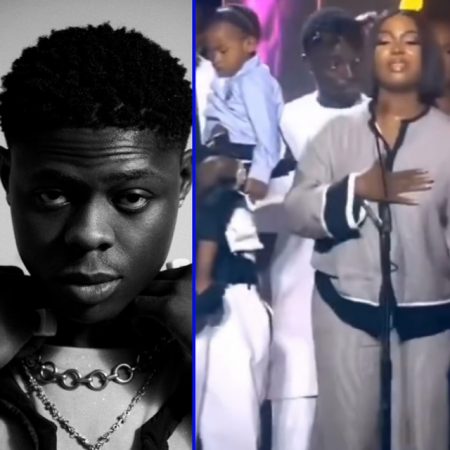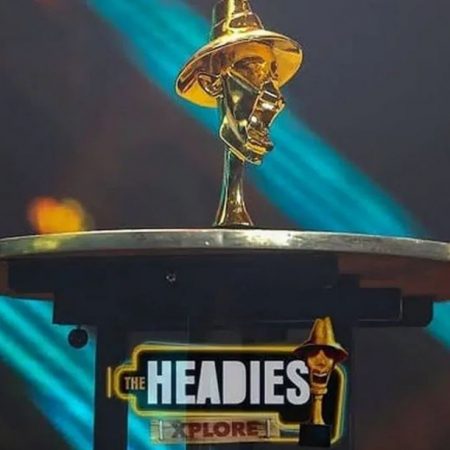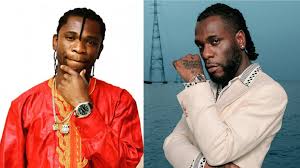Canadian rapper and singer Drake, has escalated his legal war with Universal Music Group (UMG), filing an amended complaint that accuses the music giant of enabling the widespread defamation of his character—this time citing Kendrick Lamar’s high-profile Grammy Awards success and Super Bowl halftime show as key moments that intensified the alleged damage.
The Toronto rapper initially sued UMG in January 2025, following the explosive success of Lamar’s diss track “Not Like Us,” which features lyrics referring to Drake as a “certified pedophile” and a “predator” who should be “placed on neighborhood watch.” The lawsuit claims UMG, which represents both artists under separate divisions, deliberately promoted the song knowing it would harm Drake’s image and career.
Now, with an updated filing submitted this week in a New York federal court, Drake’s legal team argues that Lamar’s subsequent performances at two of the world’s most-watched events—the Grammy Awards and the Super Bowl—further magnified the defamation. According to the complaint, these appearances “introduced new listeners to the defamatory lyrics” and resulted in a spike in streaming numbers and personal threats against Drake and his family.
“Not only did streams of the Recording increase significantly following these two mega-cultural events,” the document states, “but threats against Drake and his family did as well.”
Lamar, widely hailed as the winner of the 2024 rap battle that captivated the hip-hop world, secured five Grammy Awards in February. Just a week later, he headlined the Super Bowl LVIII halftime show, which reached 133.5 million viewers, making it one of the most-watched live performances in U.S. television history.
Although Lamar did not perform the controversial line containing the word “pedophile” during the Super Bowl set, Drake’s lawyers argue that the underlying narrative was still promoted, resulting in further reputational damage.
UMG has so far denied wrongdoing. In a previous motion to dismiss the case, the label described the lawsuit as a “transparent attempt by Drake to salvage his public image following a failed lyrical feud.” The label insists that Lamar’s creative output falls under protected free speech and artistic expression.
Still, the court has not ruled on the motion to dismiss, and the case remains active.
The conflict stems from one of the most high-profile rap beefs in recent memory. The lyrical war between Kendrick Lamar and Drake dominated headlines in 2024, with each artist releasing diss tracks that racked up millions of streams and reignited debates about the line between art and defamation.
While rap battles often include provocative language, Drake’s legal team insists this feud crossed a legal threshold, arguing that the repeated use of language suggesting criminal behavior—especially at high-visibility events—amounts to character assassination on a global scale.
This updated lawsuit signals that Drake intends to hold not just Lamar but the corporate infrastructure behind him accountable. By targeting UMG, one of the biggest labels in the world, the rapper raises broader questions about the responsibilities of music companies in an age where virality can quickly spiral into real-world consequences.
As the legal proceedings move forward, all eyes will be on whether the courts will uphold artistic freedom—or draw a new boundary between diss tracks and defamation.









No Comment! Be the first one.